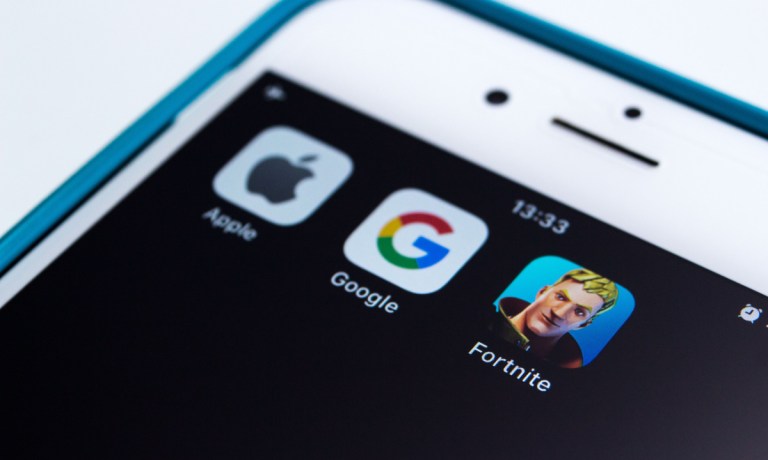
Google’s court loss this week to Epic Games could also be bad news for Apple.
That’s according to a report Tuesday (Dec. 12) from Bloomberg News, which notes that the app store “duopoly” held by both companies generates nearly $200 billion a year and determines how billions of consumers use their mobile devices.
On Monday, a federal jury in California found that Google’s mobile app store, Google Play, held a monopoly in the Android app distribution and payments market.
The decision followed a month-long trial, and as noted here, landed a major blow to Google in its ongoing antitrust fight with Epic Games, the video game developer behind Fortnite.
Epic Games sued Google three years ago, alleging that the tech giant had monopolized the Android app distribution market via side deals with rivals and had used its resources to hamstring competition.
Google countered that its partnerships aimed to enhance the competitiveness of Android-based phones against their main competitor, Apple’s iPhone.
The jury found that Google Play holds monopoly power via its parent company, engaging in anti-competitive behavior.
Trial Judge James Donato will now decide whether Google must allow alternative payment and app distribution methods outside its own store, a decision that may have far-reaching implications for the Android app ecosystem.
And as Bloomberg wrote, the case could very well weaken app store rules — with the two companies charging commissions of as high as 30% to developers — in general. Those regulations are already facing regulatory pressure worldwide.
“The dominoes are going to start falling here,” Epic CEO Tim Sweeney said in an interview following the verdict. “The end of 30% is in sight.”
While Apple won a similar court battle against Epic two years ago, the Bloomberg report notes there were major differences between the two trials. In the latter case, Epic underlined agreements Google reached with top game developers, such Activision Blizzard Inc. and Nintendo Co., for lower fees.
“Revenue sharing deals among Google, smartphone makers and game developers came to light during the trial,” analysts at KeyBanc Capital Markets wrote in a note to clients, per Bloomberg. “We believe this was a key difference between the cases that contributed to Apple’s victory and Google’s loss.”
The report also quotes Paul Swanson, a partner at the firm of Holland & Hart specializing in technology and antitrust law.
“The immediate aftereffect is we will see a shift in the marketplace where big tech companies will have to make accommodations — whether it is more access, better terms, more options for developers — to stave off legal exposure,” he said.